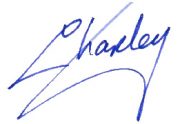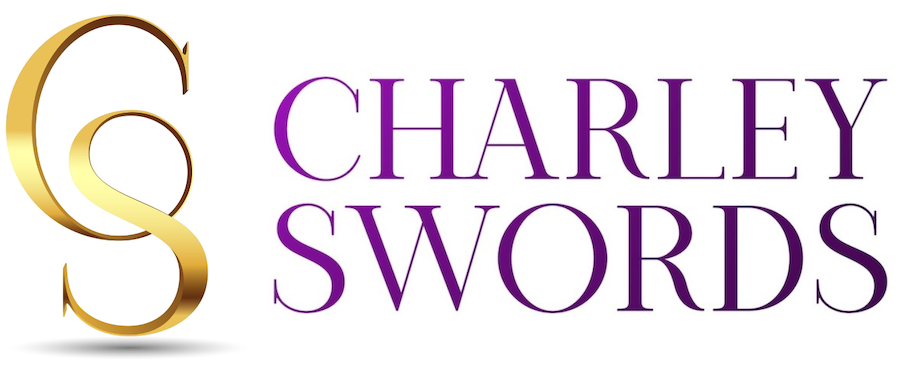Leadership depends on your ability for self-reflection and your appetite for self-development. There are times in our lives when we are naturally prompted to reflect on our actions, behaviours and achievements – often these coincide with the end of another year, a significant birthday or a work anniversary. Self-reflection is a powerful way to think about how we are in the world and to set intentions for the future that we want. It’s a crucial step in our self-development – you cannot know what areas to develop without first knowing what your strengths and goals are.
The fact that you are reading this article indicates that self-development is important to you. So I encourage you to take some time in the coming days for self-reflection and to set some intentions for your self-development. Get away from all distractions – that means technology and people! Pick a time and make an appointment with yourself. Then block the time in your diary. You’ll need to be somewhere that you feel comfortable and are unlikely to be interrupted. If you enjoy journaling, and even if you don’t, have a notebook and pen with you so that you can record any insights, goals and intentions.
Questions to guide your self-reflection
To guide your reflection and intentions I have outlined some questions for you below. Consider your answers objectively and honestly, review and revise your answers if you need to.
Thinking back on the year to date:
- What were the milestone events for you, and what value did you bring to others as a result of them?
- What role did you play in these? How did the outcomes make you feel?
- Today, are you living the life you love? Describe how you feel – your health, your well-being, your career, your family, and your overall sense of self.
- What would you like to change? Describe the lessons you learned from the experiences you had, what are the three things you most want to change in your life?
- What is stopping you from making these changes and living the life you would truly love to live?
Setting your intentions
Now, look at the coming year so that you can set your intentions.
Describe the steps you need to take to make the three changes you identified.
Prioritise them in order of importance to you. Look at them all together and see if there are any overlapping areas or if you need to work on some simultaneously.
Believe that you can make these changes because they are right for you, and you are making them for the right reasons.
List the reasons and set your intention. “I intend to …” Every morning, repeat your stated intention, and if you wish, repeat a relevant affirmation that resonates with you in supporting your intention.
Don’t be afraid to ask for help from those close to you and whom you trust. Identify who these people are and how they can support you. Review your stated intentions and schedule them over a defined period. Do not overwhelm yourself. Make sustainable change slowly and with confidence.
Set your intention to review your progress against your plan and revise accordingly. Most importantly, celebrate your success!
Reflection on your career
Your reflections on your year to date and intentions for the year to come will have implications for your career. Even if your intentions are more focused on your personal life, your career will have an impact in supporting them. Ideally, there is a mutually supportive relationship between your career and your life – and if there isn’t then self-reflection may help you to identify what to do about it.
The difference between your job and your career
- Your job is your occupation or employment, the activity you perform in exchange for your salary. It consists of duties, responsibilities and tasks that are defined, and can be quantified and rated.
- Your career is often made up of the various jobs you have held, titles earned and work accomplished over a significant period. It is a series of work-related activities that provide opportunities for progress, continuity and meaning in your life, whether in one organisation or many. Your career provides experience and learning for your continued growth.
Some questions for self-reflection on your career:
Who do I want to be?
Growing up we are frequently asked what we want to be when the real question should be, who do you want to be. Think about how you feel about your current sector or role. Is it a means to an end for you, which in and of itself, maybe enough for you? If not, what needs to change and how can you achieve this? Think about the role models you admire and ask yourself what it is that you admire about them. List the qualities and characteristics that you admire in them. What behaviour is it that you want to emulate and why? Reflect on your qualities and see which ones you could either develop further or apply more consciously to pursue your ultimate goal.
What is my dream job?
Think about the work you would love to do, the company environment and the culture that you would love to inhabit. Define what your ideal working day would look like, what meaning the work should have for you, how it will make you feel and who you will serve. You can also think about where and how you want to work.
Why is this the dream job/ideal career move for me?
If you feel that you have a lot more to offer and achieve but can’t seem to move forward then this self-reflection may provide some answers. Are your core values aligned with your employer’s stated core values? Is there a mismatch and you feel you no longer fit? Think beyond the near future, always look to your ultimate goal. Ask yourself what impact you want your work to have on the world – locally and globally.
Self-reflection takes time, courage, trust, and honesty. It is a powerful tool when used correctly. In your approach to self-reflection start from a position of strength and focus on developing yourself. Remember that we are all continuous works in progress. To know which skills, talents, and competencies you need to reach your ultimate goal you must first spend some time reflecting on where you are now, and where you want to be.
Ready to change your leadership style and culture? Buy my book ‘Dare To Be A Revolutionary Leader’ for more practical insights.


